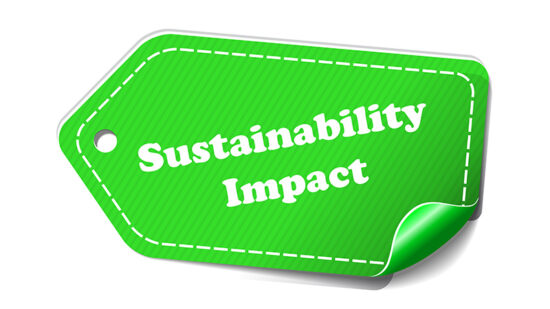Think global
According to Kelly Prior, an investment manager in the F&C multi-manager team, inflation, or more specifically gauging the perception of its trajectory, will be the key to investing well in 2017.
“I think 2017 is going to be a volatile year for all asset classes. I would prefer to define that as interesting rather than hard as it creates opportunity,” she says.
“Inflationary fears have created an adjustment in the yield curve in the US but less so in other markets. Any wavering in conviction or the expected level of Trump’s economic stimulus plans will not be taken lightly. It also pays to think globally, now more now than ever.
“With divergent central bank policies continuing, you have to think about where you are taking your risk. A plain-duration number tells you nothing about a fund these days as most will be using a wide variety of markets with different characteristics, resulting in this overall duration figure, for example in Australia and emerging markets.”
Justin Oliver, deputy CIO at Canaccord Genuity Wealth Management, adds: “Following Trump’s election victory, investors are rightly concerned the bear market may be under way, with government bond yields having risen sharply and a significant reduction in the value of negative-yielding debt.
“Ultimately, we believe 2017 will be a year in which bond yields rise in a volatile fashion, but within which there will not be a market crash.
“It would seem the fiscal plans envisaged by Trump will lead to higher government debt levels and an upward trend in yields. However, we are not at the stage where overall borrowing levels are unsustainable, and Italy and Japan prove the opposite.
“Faster economic growth may help rather than hinder debt/GDP levels. Summing the situation up, we believe yields will trend higher but it is still too early to suggest there will be a significant plunge in bonds.”







